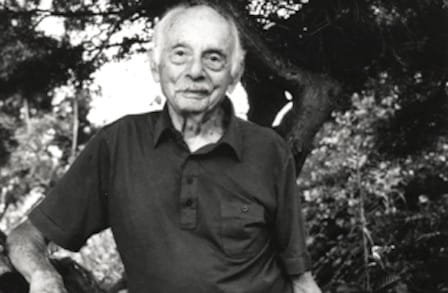The Layers
I have walked through many lives,
some of them my own,
and I am not who I was,
though some principle of being
abides, from which I struggle
not to stray.
When I look behind,
as I am compelled to look
before I can gather strength
to proceed on my journey,
I see the milestones dwindling
toward the horizon
and the slow fires trailing
from the abandoned camp-sites,
over which scavenger angels
wheel on heavy wings.
Oh, I have made myself a tribe
out of my true affections,
and my tribe is scattered!
How shall the heart be reconciled
to its feast of losses?
In a rising wind
the manic dust of my friends,
those who fell along the way,
bitterly stings my face.
Yet I turn, I turn,
exulting somewhat,
with my will intact to go
wherever I need to go,
and every stone on the road
precious to me.
In my darkest night,
when the moon was covered
and I roamed through wreckage,
a nimbus-clouded voice
directed me:
“Live in the layers,
not on the litter.”
Though I lack the art
to decipher it,
no doubt the next chapter
in my book of transformations
is already written.
I am not done with my changes.
Stanley Kunitz
Stanley Kunitz became the tenth Poet Laureate of the United States in the autumn of 2000. Kunitz was ninety-five years old at the time, still actively publishing and promoting poetry to new generations of readers.
Having published books throughout the greater part of the twentieth century, Kunitz exerted a subtle but steady influence on such major poets as Theodore Roethke, W. H. Auden, and Robert Lowell. Through his teaching he provided encouragement to hundreds of younger poets as well.
Kunitz's early poetry collections, Intellectual Things and Passport to the War: A Selection of Poems, earned him a reputation as an intellectual poet.
Although Kunitz's style changed over his seven decades as a poet, his methods did not. A notebook and a pen render a sketch; many late nights over a manual typewriter result in a finished poem.

